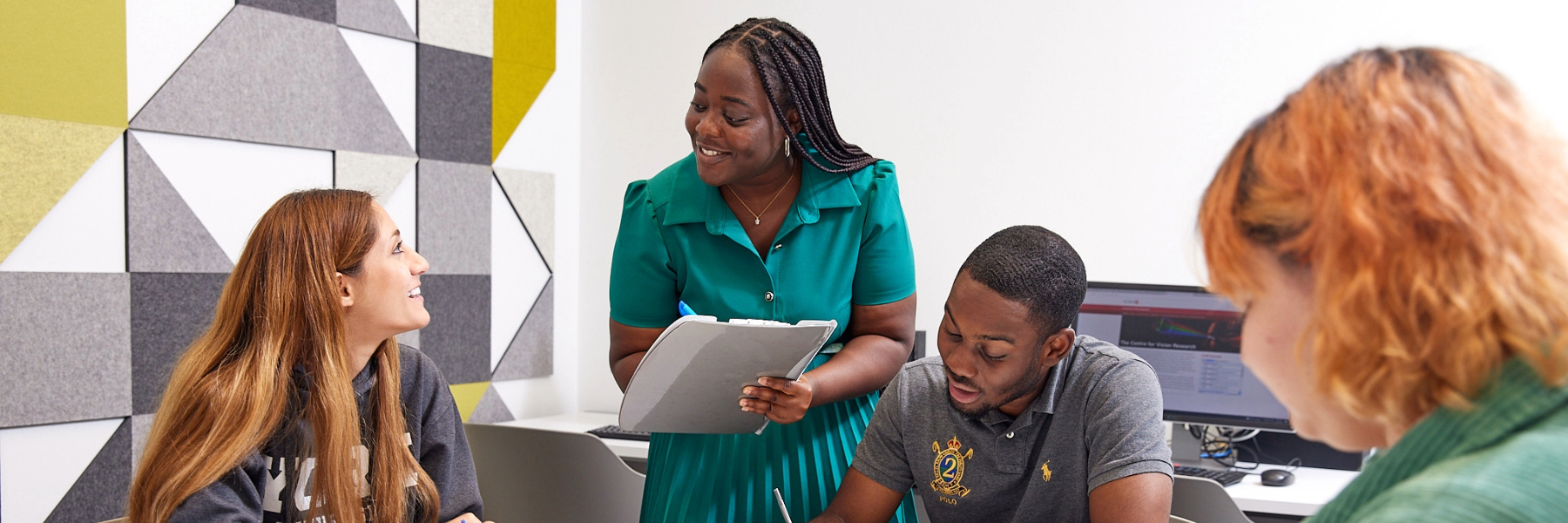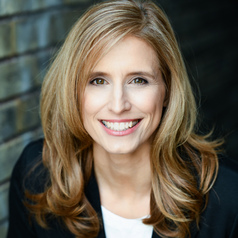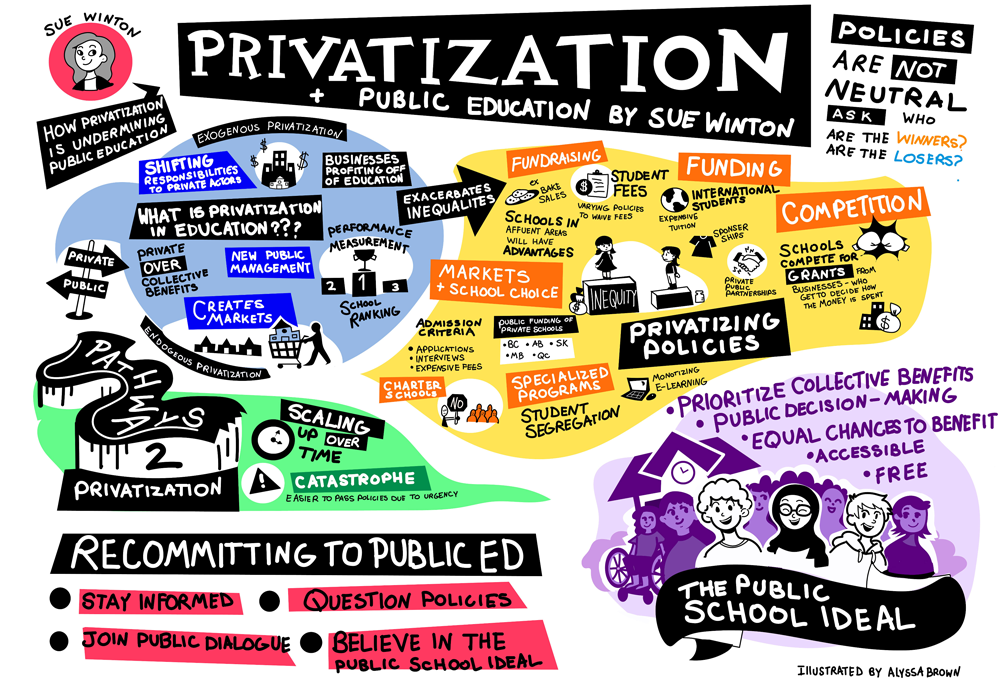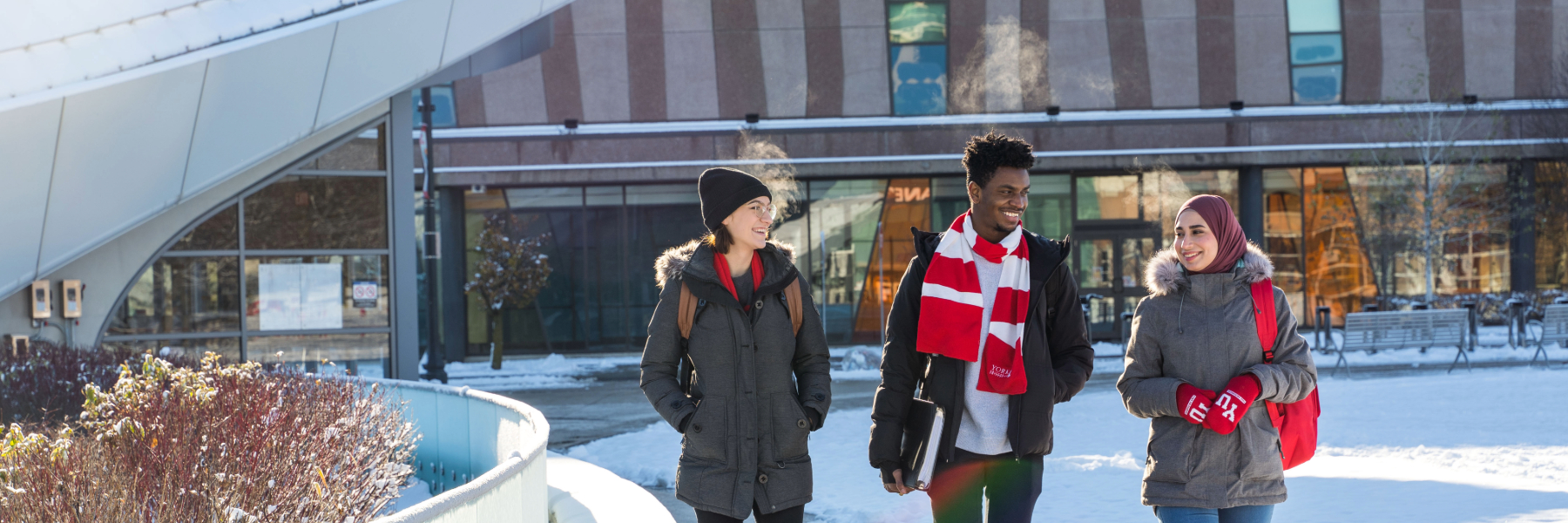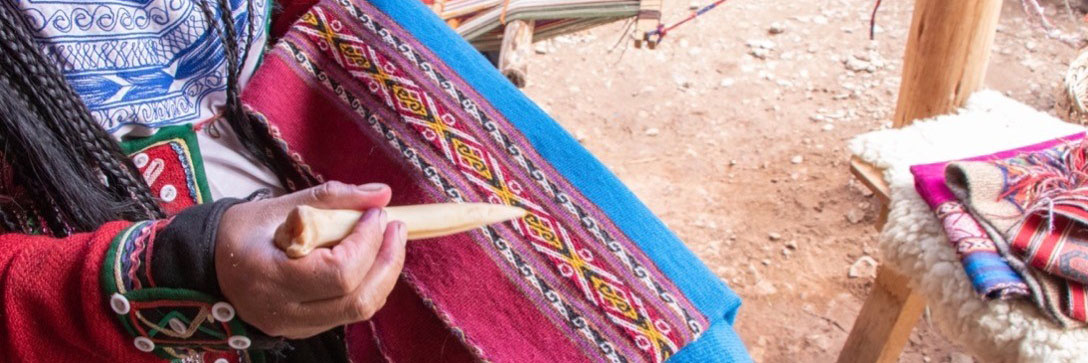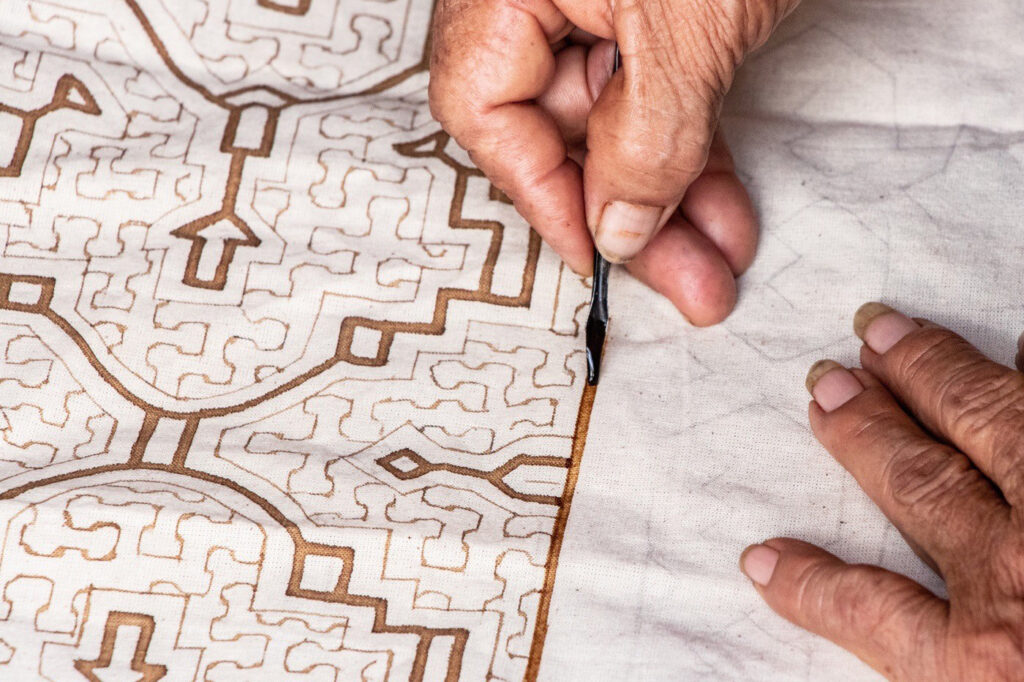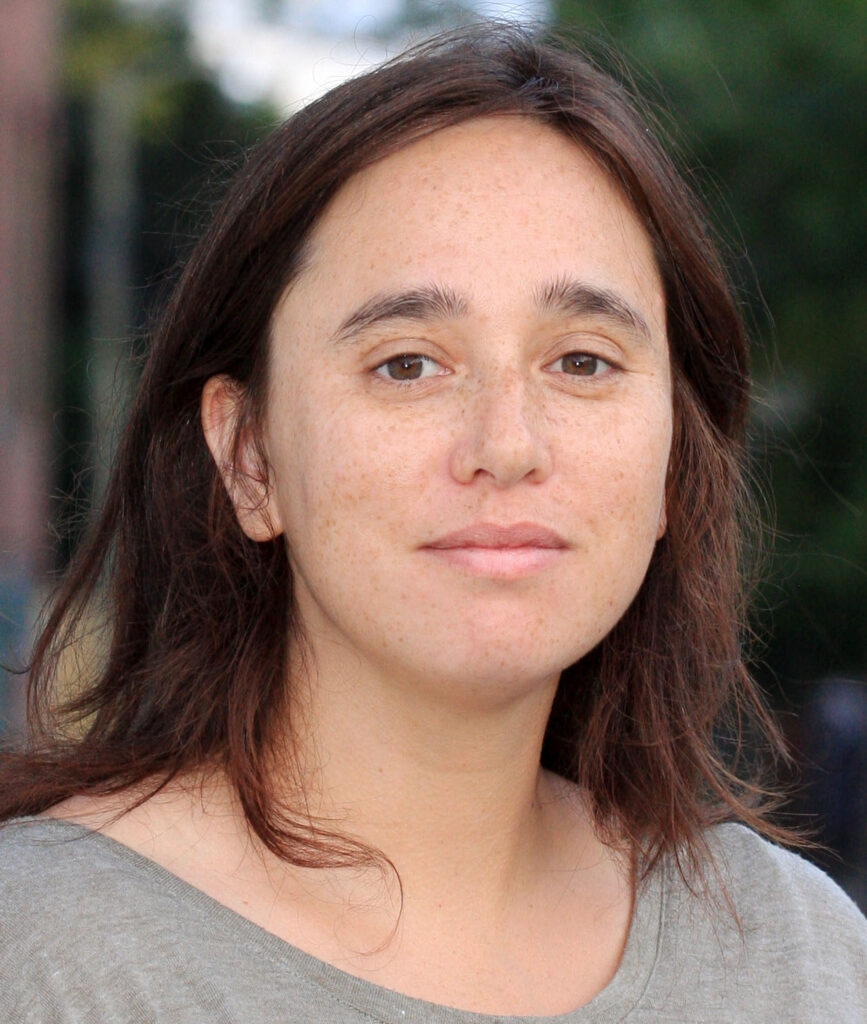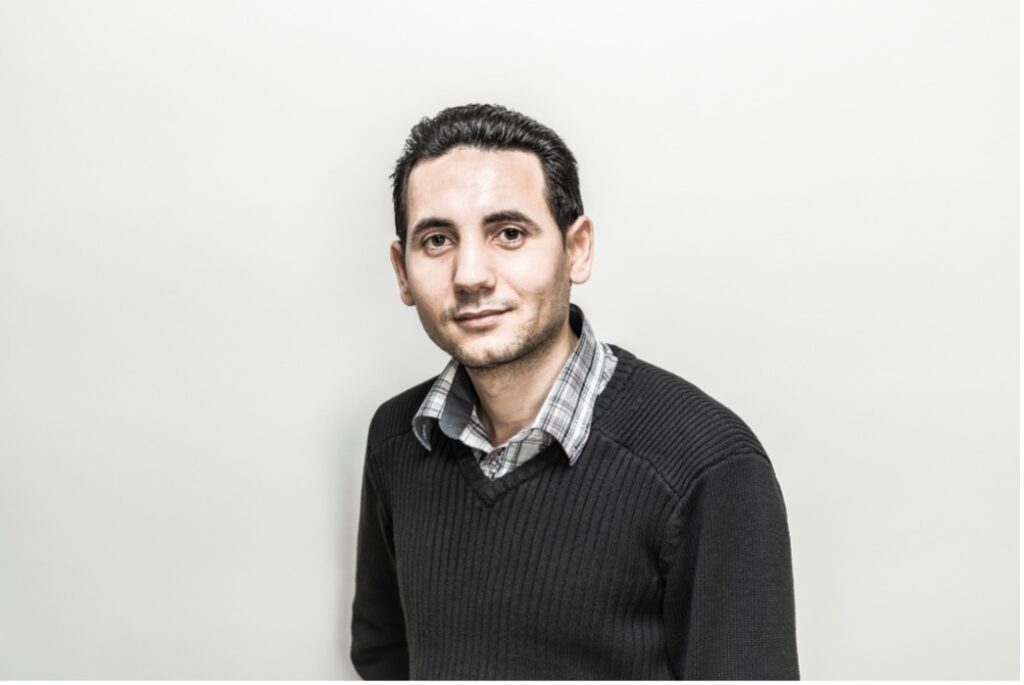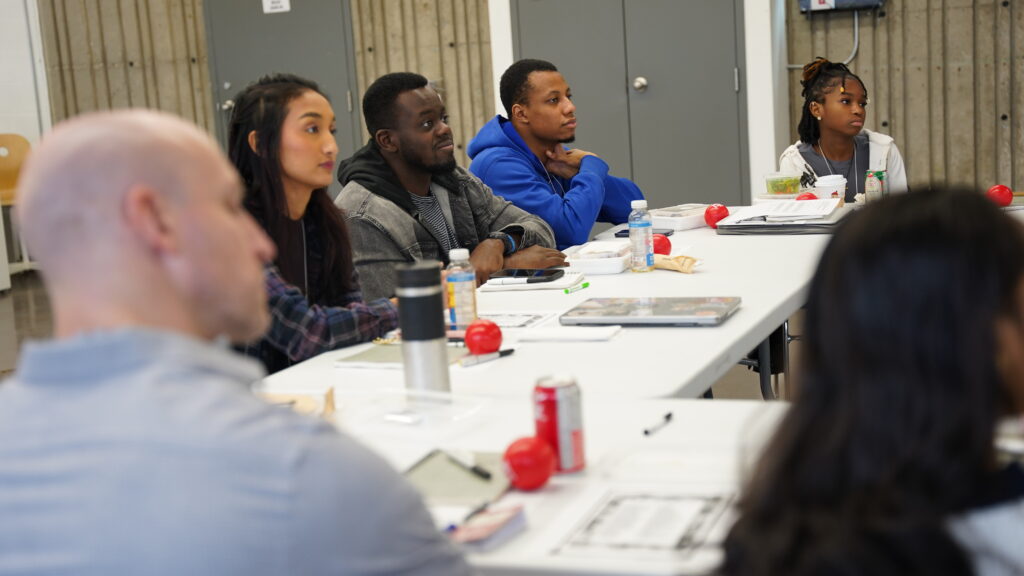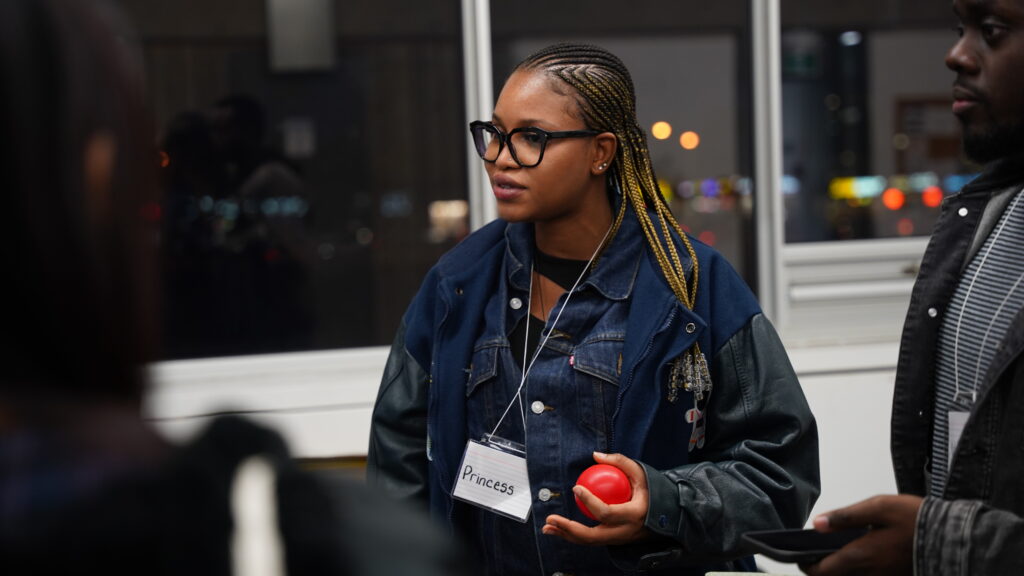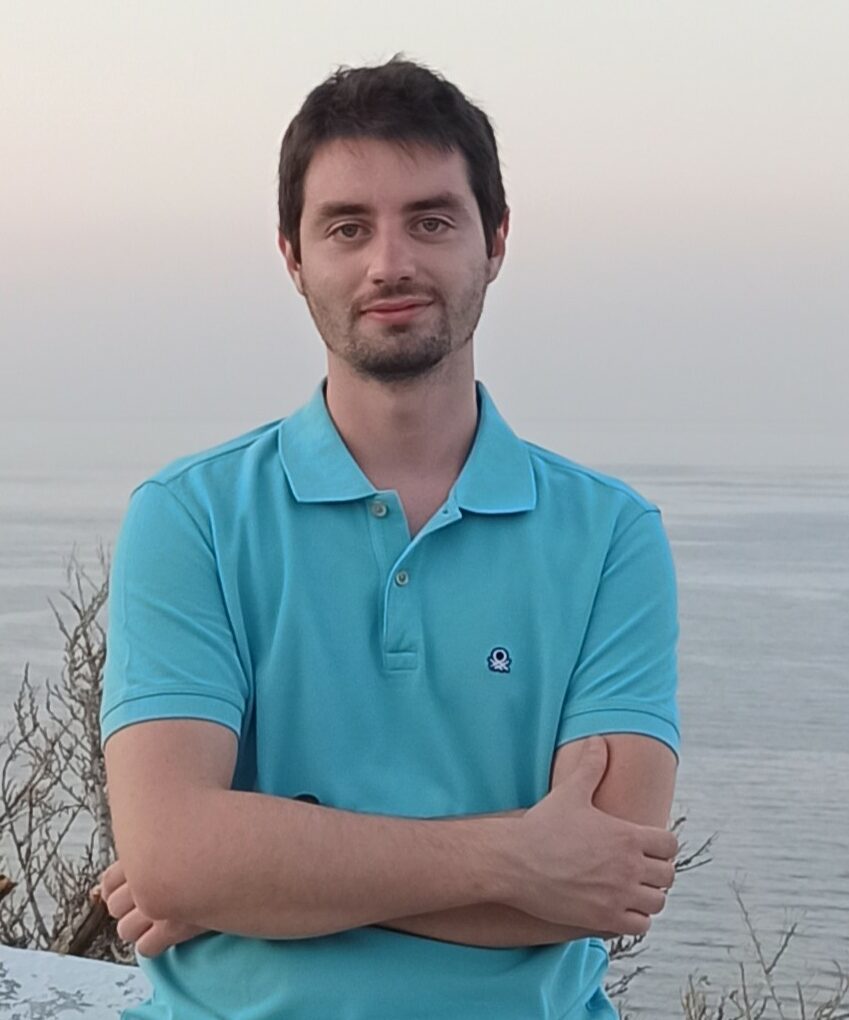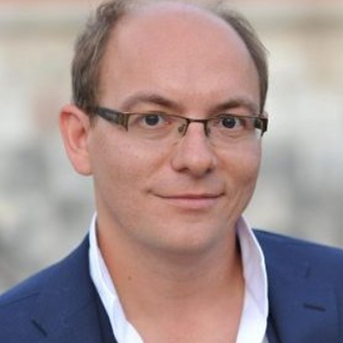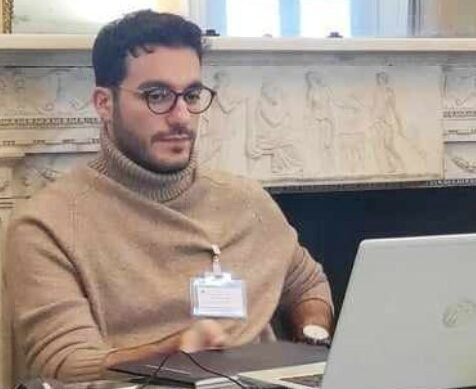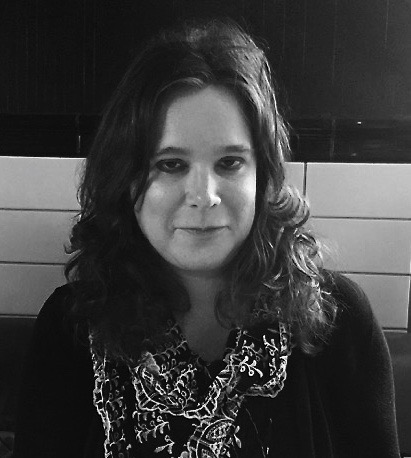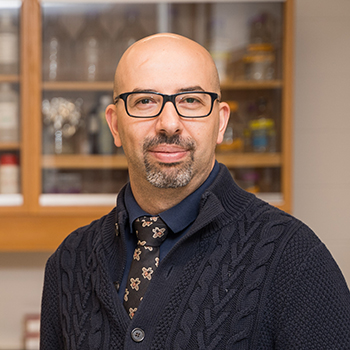To help instructors navigate sensitive issues and challenging classroom dynamics, the Teaching Commons has launched a new toolkit and series of professional development sessions focused on difficult moments and conversations in the classroom.

On March 14, the Teaching Commons will host the second of a series of workshops in partnership with Nona Robinson, vice-provost students. Titled “Effective Classroom Facilitation: Managing disruptions, addressing controversial topics and supporting equity-deserving students,” this virtual session will offer concrete tools, strategies and resources for facilitating productive conversations in the classroom.
“I’m always happy to work with faculty members on student support, inclusion, and preventing and managing conflict” says Robinson. “I know this can be a source of stress for many of us, and this is a great opportunity for colleagues to share experiences and helpful ideas.”
The session accompanies a new Facilitating Dialogue and Challenging Conversations in the Classroom resource site, also referred to as a toolkit, housed on the Teaching Commons website. and led by educational developer Shani Kipang.
“One of the goals has been to help members of the University community revisit commonly used terms like ‘safety’ and ‘comfort,’ and to think critically and collaboratively about what it means and looks like to build accountable spaces,” says Kipang, who has worked with the Teaching Commons over the past year to support initiatives in decolonizing, equity, diversity and inclusion (DEDI).
The toolkit provides a range of resources to support productive dialogue and collaborative learning in the classroom. Included in it are topic-specific resources such as strategies for facilitating discussion, addressing harm and creating community guidelines.
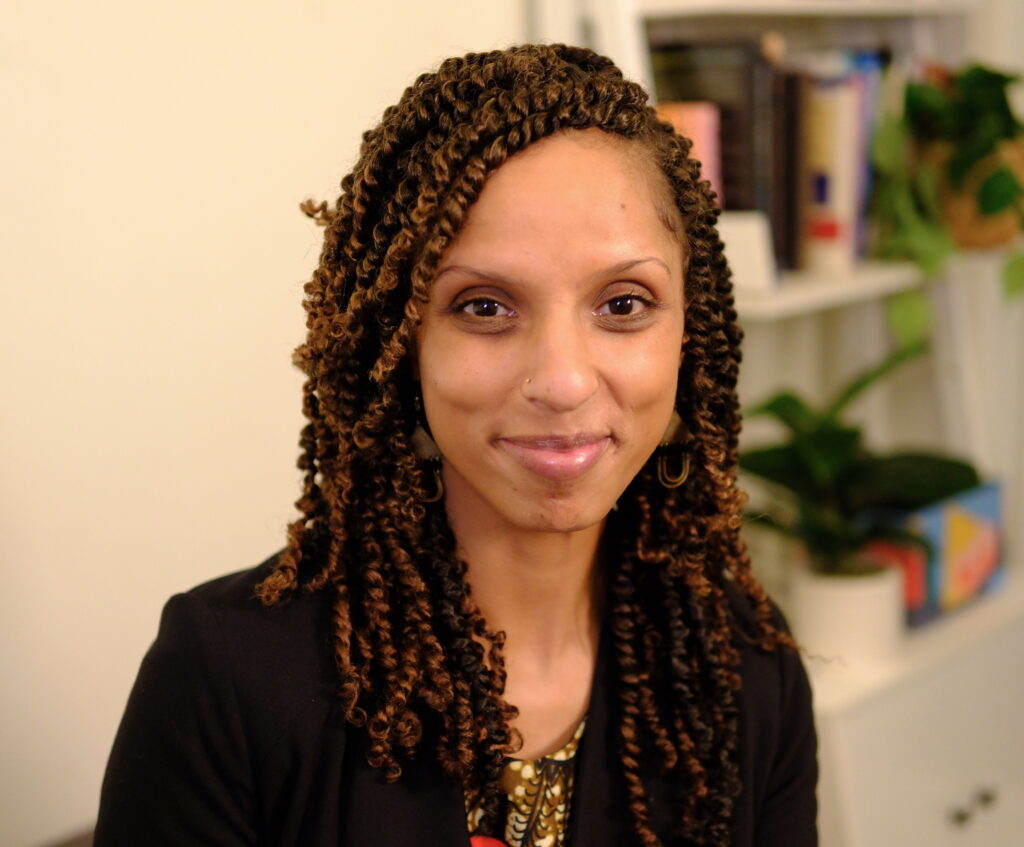
“Our hope is to help instructors walk into the classroom with clear goals and responsive strategies, so students can be motivated to engage and have the sense that it will be worthwhile,” she explains. “We want to help instructors address unanticipated situations with intention, and to support meaningful and carefully guided opportunities for learners to engage with critical issues in ways that shape how they learn and work and interact in the world.”

In addition to the March 14 workshop, the Teaching Commons offers a variety of other opportunities to explore strategies for teaching in times of crisis and integrating DEDI-informed pedagogies. Among these are a workshop series on trauma-informed pedagogies and a DEDI community of practice – a space where teachers can come together to learn, share, and question a wide array of topics related to DEDI in teaching and learning.
In partnership with York’s Centre for Human Rights, Equity & Inclusion and faculty co-facilitators, these initiatives are led by Ameera Ali, an educational developer in the Teaching Commons with a portfolio focused on equity, diversity and inclusion.
“These offerings invite folks to come together to collectively reflect on and discuss various aspects of trauma, race, disability, gender, wellness, belonging and more,” she says. “And through this work, building understanding in these areas, we can better support meaningful dialogue and connection within the classroom.”
For more information on resources and upcoming sessions, visit the Teaching Commons website or contact them via email at teaching@yorku.ca.


